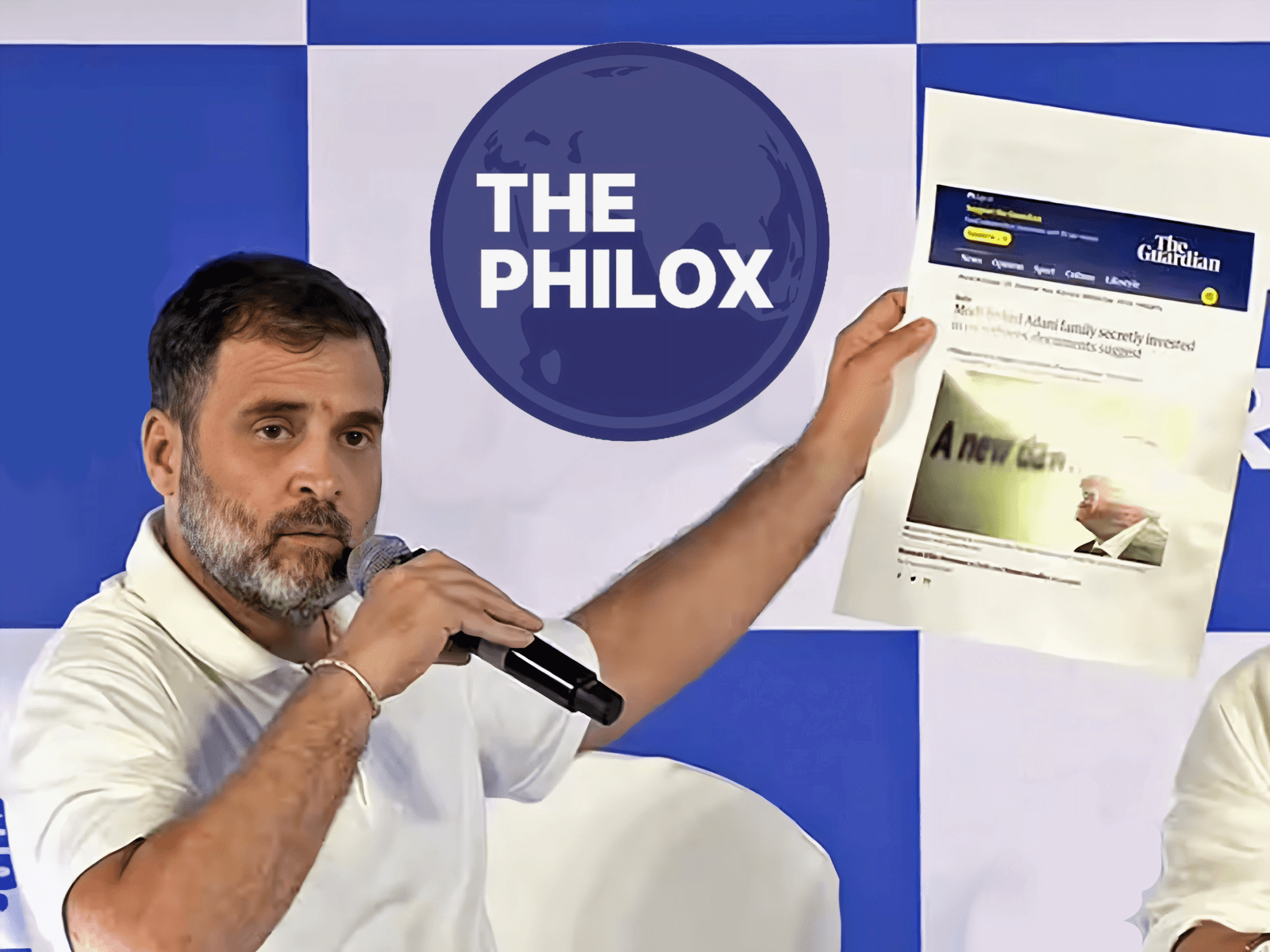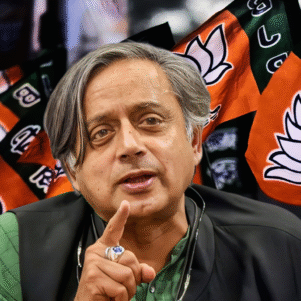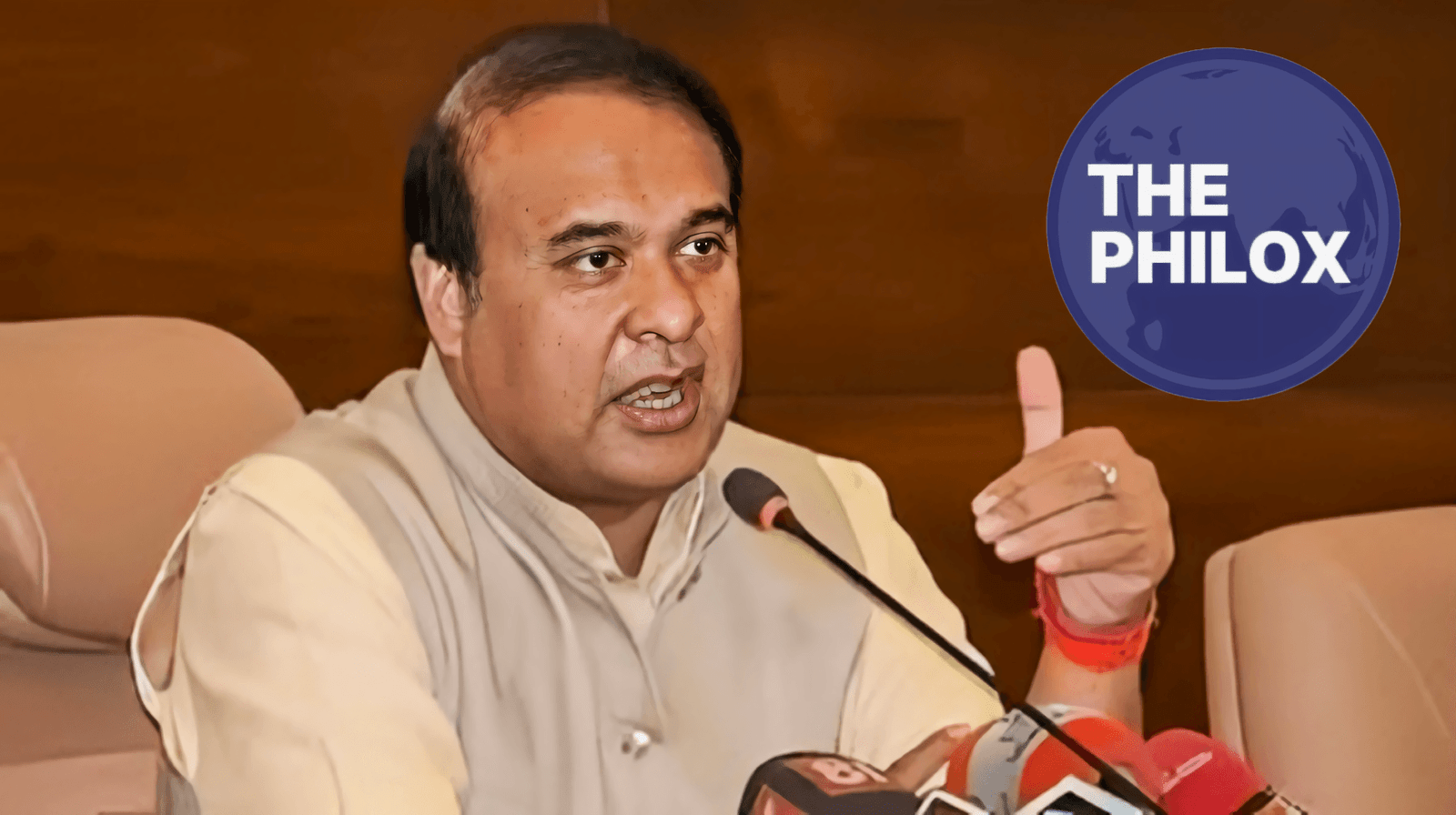For the renovation of Motilal Nagar in Goregaon West, Mumbai, the Adani Group has landed a significant ₹36,000 crore deal.
Following its past success with the Dharavi slum redevelopment project, this is a major addition to the expanding portfolio of urban renewal projects owned by the company.
One of Mumbai’s biggest housing redevelopment projects, Adani Properties Pvt LTD (APPL) came first among the highest bidders, outperforming main rivals.
A Notable Urban Redevelopment Project
Spansing around 143 acres in Goregaon West, Motilal Nagar is a transforming urban rehabilitation project for Mumbai.
By renovating current residential and commercial buildings—including slum tenements—the ambitious initiative seeks to revitalize the region.
This redevelopment project aims to modernize the aged locale thus improving the infrastructure of the area and so improving the quality of living for its citizens.
Offering the Maharashtra Housing and Area Development Authority (MHADA) 3.97 lakh square meters of built-up area, Adani Properties Pvt LTD (APPL) won the contract.
Though the required minimum is 3.83 lakh square meters, their offer surpassed its nearest opponent, Larsen & Toubro (L&T), which suggested 2.6 lakh square meters.
The significant offer made by the Adani Group confirmed their status as the main competitor and finally helped them to acquire the project.
With a seven-year rehabilitation period, the estimated cost of the reconstruction comes at ₹36,000 crore.
MHADA will keep oversight over the project to guarantee that the reconstruction is carried out fully in line with public welfare goals.
Expanding Footprint of Adani in Mumbai’s Real Estate Industry
The Motilal Nagar redevelopment contract marks the most recent in a string of well-publicized real estate purchases by the Adani Group.
For ₹12,000 crore, the company bought a 17-acre area in Bandra Reclamation in 2024, so strengthening its control over Mumbai’s fast changing urban scene.
This marks another significant turning point in their evolution into large-scale infrastructure and accommodation—their successful bid for the Dharavi slum redevelopment project.
Reportedly fast-tracking clearances for projects connected to the Adani Group since 2023, the Maharashtra government has helped the conglomerate to flourish quickly in the area.
This faster approval rate has spurred discussion and begged concerns about whether corporate interests are taking precedence over fair and open government.
Political Reaction and Charges of Favoritism
Although the Adani Group keeps landing high-value urban redevelopment projects, their increasing hegemony in the industry has attracted strong criticism from government leaders and opposition groups.
Leader of the opposition in the Lok Sabha Rahul Gandhi has been especially outspoken in his criticism of the Adani Group’s explosive growth and claimed strong ties to the present government under Prime Minister Narendra Modi.
Gandhi has charged the Modi government of encouraging a “crony capitalism” by supporting a small group of industrialists, notably the Adani Group.
He has expressed worries on the openness of the bidding process and the seeming absence of government supervision in big infrastructure projects.
Gandhi has also questioned the government’s silence on the several accusations brought against the Adani Group in public remarks and demanded more openness and responsibility in these high-value projects.
The worries of the opposition transcend mere favoritism. Critics contend that the Adani Group’s consistent success in landing big government contracts could point to excessive influence over choices on urban development and public policy.
Allegations that fair competition in public infrastructure projects is being compromised have been stoked by supposed alignment between corporate aspirations and government agendas.
Arguments About Transparency and Fairness
The Adani Group’s repeated success in landing significant redevelopment projects has spurred a lot of discussion on the integrity of the bidding process.
Critics contend that the concentration of one corporate firm in such important public works calls for questions regarding fair allocation of possibilities and competition.
These discussions highlight the need of more openness and independent control in the distribution of big infrastructure projects.
Advocates of the Adani Group’s participation in urban reconstruction point to the conglomerate’s financial strength and track record of managing major projects.
Advocates contend that private-sector involvement in urban redevelopment can hasten construction schedules, bring in cutting-edge technologies, and guarantee improved infrastructure results.
They argue that the Adani Group’s expenditures will raise living standards for thousands of people and transform older areas into contemporary metropolitan centers.
Opponents, on the other hand, emphasize the need of public-interest protections and objective regulatory systems to stop too strong corporate influence.
The government is under increasing pressure to show that these big contracts are given based on fair and competitive procedures devoid of hidden agendas or bias.
The Way Forward
All eyes will be on how the Motilal Nagar redevelopment turns out as the Adani Group gets ready to start. Comprising a seven-year restoration phase, the project reflects a long-term dedication to change one of Mumbai’s biggest residential districts.
Political leaders, media, and the public will keenly watch the development of the project, particularly in view of the continuous charges of favoritism and lack of openness.
The result of this reconstruction will not only define Motilal Nagar’s future but also impact more general debates on corporate participation in public infrastructure and the harmony between private profit and public benefit.
Under scrutiny unlikely to abate, the Adani Group’s performance in keeping its pledges will be a yardstick for both its standing and the government’s dedication to just rule.
The stakes in big-scale rehabilitation projects keep rising as urbanization speeds up in India’s main cities.
Whether the Adani Group’s domination marks effective execution or a concerning concentration of power stays a matter of debate that will define Mumbai’s urban scene going forward.









